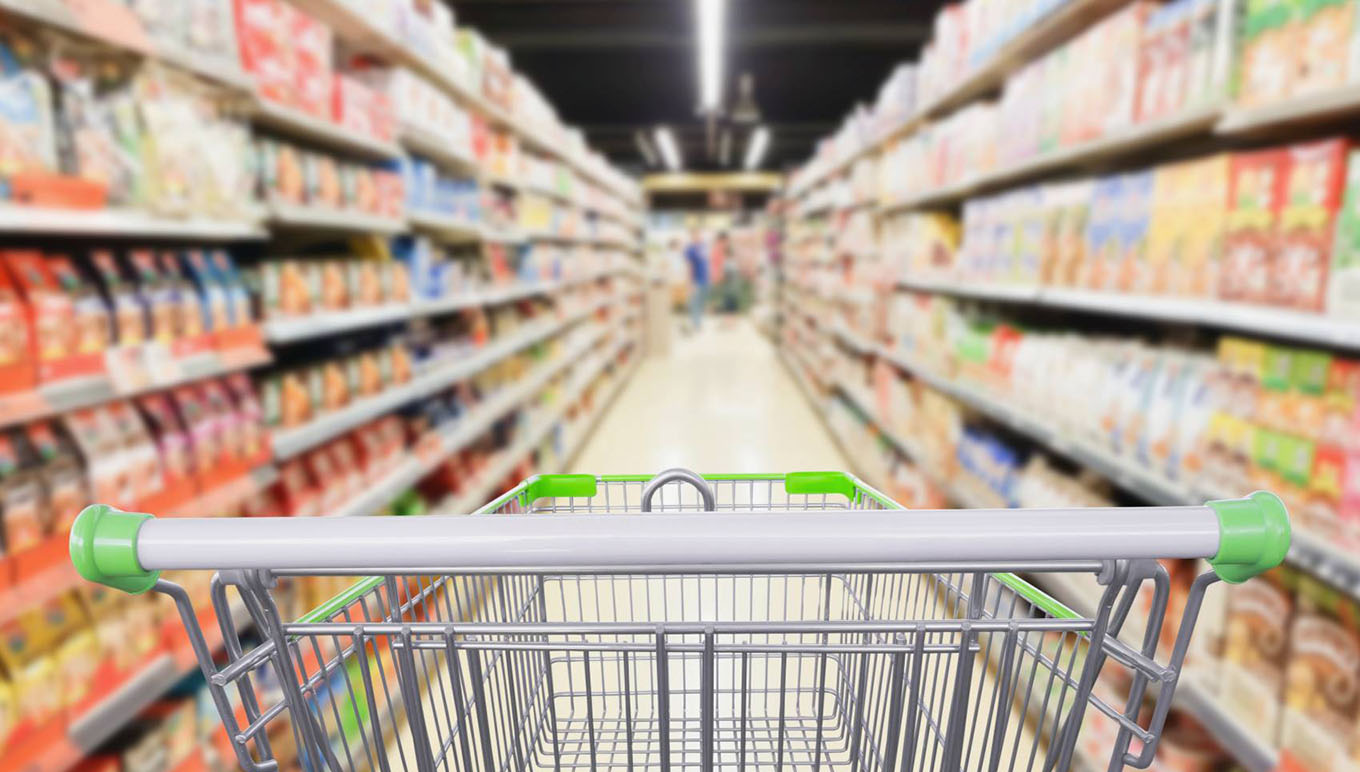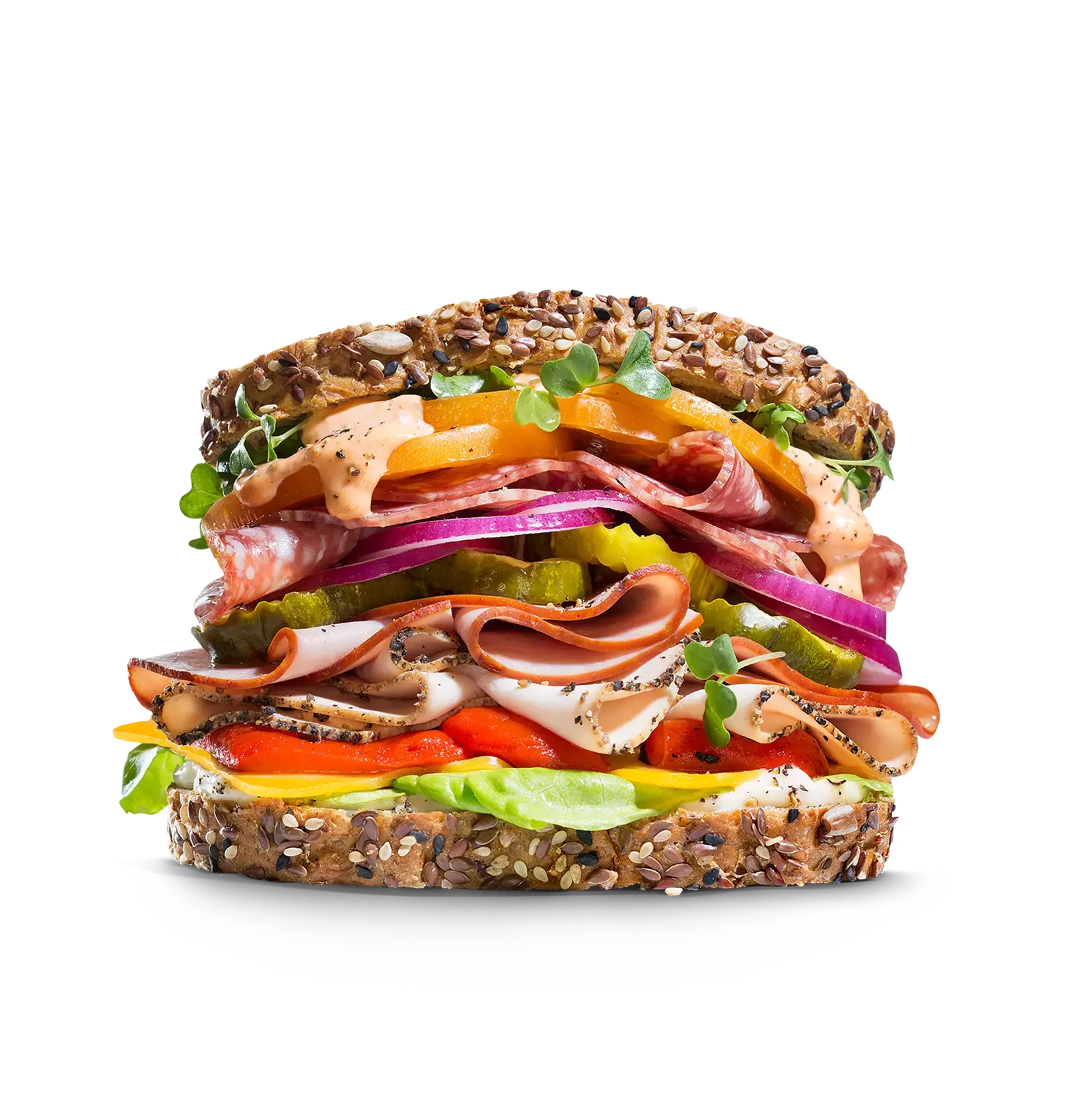UK Food Businesses Look to Technology with Brexit Trade Agreement Signed
UK Food Businesses Look to Technology with Brexit Trade Agreement Signed
UK Food Businesses Look to Technology with Brexit Trade Agreement Signed

Now that a trade agreement has been reached between the United Kingdom and the European Union, UK food businesses can breathe a sigh of relief knowing that trade concerns surrounding Brexit have largely been set. It’s clear, though, that there is still a great amount of uncertainty going forward.
Thankfully, the agreement guarantees that tariffs and quotas between the UK and EU will remain at zero. The issues surrounding the border, transportation and labor shortages, however, still weigh heavily on food businesses that rely on international supply chains—and that’s especially true in those industries that operate on a “just-in-time” basis.
Border Concerns
The two largest implications of the United Kingdom’s new border and customs policies are the need for complicated paperwork and the additional time that new checks and interventions take. With new, unfamiliar forms comes greater room for error, and with shipments stopped while checks are conducted comes more product spoiling.
Combined, those factors have already had a negative impact on food businesses trying to move products into and out of the UK, which has prompted higher prioritization for trucks delivering to supermarkets. Still, at this point it’s affecting consumers, with some grocery store shelves bare in Northern Ireland.
What can help alleviate these concerns? Having a robust, industry-specific enterprise resource planning (ERP) solution has never been more critical. With administration suddenly far more complex an issue, the automated processes an ERP delivers are vital in guaranteeing that individual workers aren’t burdened with finding and completing the right forms.
Eliminating mistakes in documentation, in turn, goes a long way in speeding the customs process along, ensuring shipments are on time and produce doesn’t go bad and end up as waste.
Transportation Trouble
Access to reliable and cost-effective shipping via truck lines and ocean vessels has also come into question for food businesses as a result of the Brexit process. Already, some haulage companies in other EU member states are turning down contracts to deliver to the UK.
The reason comes down to profitability—when haulers can’t be guaranteed that they’ll be able to bring full loads into and out of the country, they’re more careful about handling business in the UK.
This is another key reason food businesses are moving to purpose-built ERP software. It can’t physically move goods, but it can determine the best routes for transportation and offer total control and visibility over a food business’s order fulfillment. With a single platform integrating all of the company’s systems, shipments can be optimized for capacity and efficiency.
Labor Shortages
A lack of skilled food industry labor has been a concern as the Brexit process has continued, as many foreign workers who have not been in the country long enough to gain “settled” status now recognize that without access to visa-free work permits, job security in the UK will be far less certain. Over time, the issue has only grown worse and has been compounded by the COVID-19 pandemic.
With smaller staff and a limited number of British workers available, food businesses are turning to technology to make up the difference. Again, it’s ERP solutions to the rescue. The right system allows companies to intelligently implement and monitor automated processes—reducing the reliance on human labor.
Industry-specific ERP platforms also have robust data analysis and visualization tools, giving food businesses valuable insight into which of their processes are lagging and in need of streamlining.
Get Ready
With many questions still unanswered, it’s crucial that food businesses in the UK future-proof their operations with the right technology. ERP solutions give food companies a clear view on all their operations, which is necessary to make quick, informed decisions as new developments arise and unforeseen complications occur, especially those arising from Brexit.
Aptean has the in-depth knowledge of the food industry to be your partner in this new era of change. Contact us today to make sure you’re prepared for what tomorrow brings.
Get in Touch Today to Speak With an Expert in Your Industry
To grow your business, you need a food ERP built specifically for your industry challenges. We're ready to help—reach out today and we'll help you find the right solution.



 Jack Payne | Vice President, Product Management & Solutions Consulting
Jack Payne | Vice President, Product Management & Solutions Consulting